Environment
-
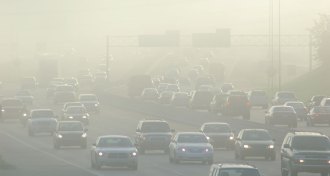 Environment
EnvironmentThe list of diseases linked to air pollution is growing
Air pollution levels have come down since the 1970s, but smog is being linked with a growing list of diseases, including dementia, obesity, diabetes and even Parkinson’s.
By Laura Beil -
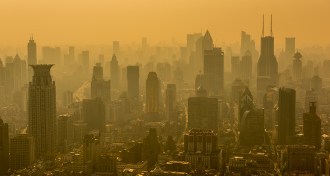 Environment
EnvironmentAir pollution takes a toll on solar energy
Dust and other tiny air pollutants can reduce solar energy output by as much as 25 percent in parts of the world.
-
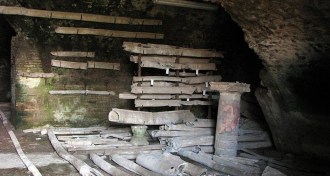 Archaeology
ArchaeologyAncient mud documents the legacy of Rome’s lead pipes
Researchers used lead levels in Rome’s ancient harbors to track lead pipe use and urbanization.
-
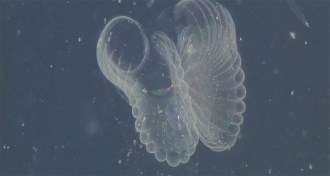 Animals
AnimalsGiant larvaceans could be ferrying ocean plastic to the seafloor
Giant larvaceans could mistakenly capture microplastics, in addition to food, in their mucus houses and transfer them to the seafloor in their feces.
-
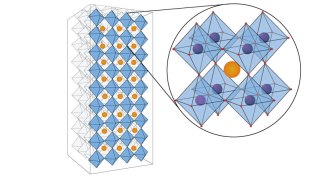 Materials Science
Materials SciencePerovskites power up the solar industry
Perovskites are the latest hot materials in solar energy production.
-
 Environment
EnvironmentNew material could filter water contaminants that others miss
A new polymer offers a better way to pull fluorine-containing pollutants out of drinking water.
-
 Climate
ClimateU.S. will withdraw from climate pact, Trump announces
President Trump announced June 1 that the United States will withdraw from the Paris climate accord.
-
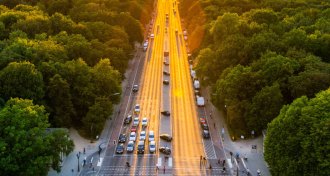 Environment
EnvironmentWhen it’s hot, plants become a surprisingly large source of air pollution
During a heat wave, trees and shrubs can sharply raise ozone levels, a new study shows.
-
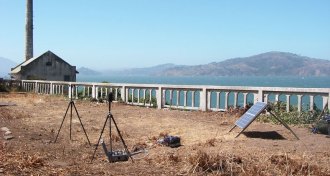 Environment
EnvironmentPeace and quiet is becoming more elusive in U.S. wild areas
Human noise stretches into the wilderness.
-
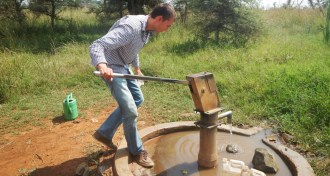 Environment
Environment‘Fossil’ groundwater is not immune to modern-day pollution
Ancient groundwater that is thousands of years old is still susceptible to modern pollution, new research suggests.
-
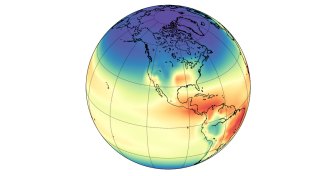 Climate
ClimatePlot twist in methane mystery blames chemistry, not emissions, for recent rise
The recent rise in atmospheric methane concentrations may have been caused by changes in atmospheric chemistry, not increased emissions from human activities, two new studies suggest.
-
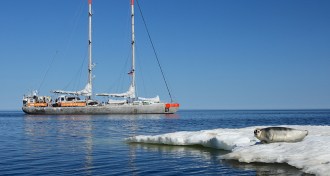 Oceans
OceansThe Arctic is a final garbage dump for ocean plastic
Ocean currents dump plastic garbage from the North Atlantic into previously pristine Arctic waters, new research shows.